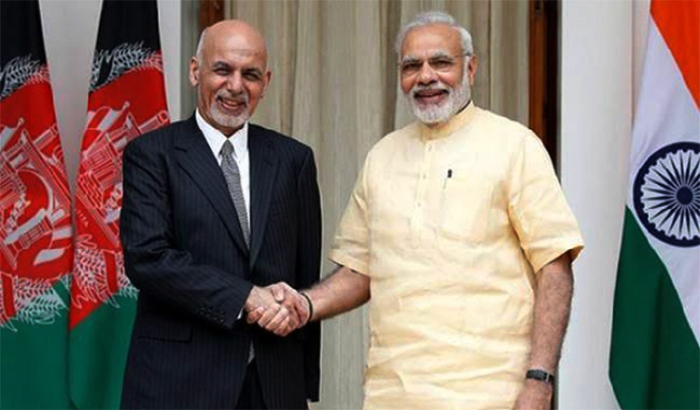Ayodhya, Nov 23: In what could stir up a possible controversy, Shiv Sena Member of Parliament Sanjay Raut on Friday implied that it would not take long to bring an ordinance for construction of Ram Temple in Ayodhya when it took only 17 minutes for the Ram bhakts (devotees) to demolish Babri Masjid.
Raut told media, “It took only around 17 minutes for us – the Ram bhakts – to destroy the Babri Masjid. So, how long will it take to bring an ordinance? From Rashtrapati Bhawan to Uttar Pradesh’s Vidhan Sabha, it is the Bharatiya Janata Party that is in power. In Rajya Sabha also there are many members who will support Ram Mandir from across party lines. Whoever opposes its construction will not be able to survive in peace in the country.”
A big push for Temple construction came on Tuesday when a litigant Mohammad Iqbal Ansari, in the Babri Masjid case, said that he does not have any objection to an ordinance for Ram Temple construction.
On October 29, the Supreme Court had adjourned the title suit till January 2019 to fix the date of hearing in the matter. The top court adjourned the matter which challenged the Allahabad High Court ruling of 2010.
The Court in its 2010 verdict had suggested a division of the disputed land in Ayodhya into three parts – one for each of the parties – the Sunni Waqf Board, the Nirmohi Akhara and Ram Lalla.
On December 6, 1992, the Babri Masjid which was built by Mughal emperor Babur in Ayodhya in 1528, was razed to the ground allegedly by Hindu activists who claimed that the mosque was constructed after demolishing a Ram Temple that originally stood there.







Comments
RAMA cant even save his wife sita while kidnapping, than what GOD you are discussing about.
first learn the real meaning for GOD, then you can build temple or mosque
Add new comment